Swiss vote for new national anthem to ditch old hymn
- Published
Excerpts from the three finalists, each in a different language
Football fans tuning into this week's England-Switzerland match may have noticed that, when their national anthem was played, many of the Swiss players were not exactly singing along enthusiastically.
Now this, of course, is not unique to the Swiss team.
Many international football players are clearly focusing harder on the match to come than the verses of a song that most people, let's face it, don't actually sing that often.
National anthems are by and large not things sung in the shower, at parties, or to children.
Many have lyrics more suited to a century or more ago than today, and Switzerland's national anthem, The Swiss Psalm, is no exception.
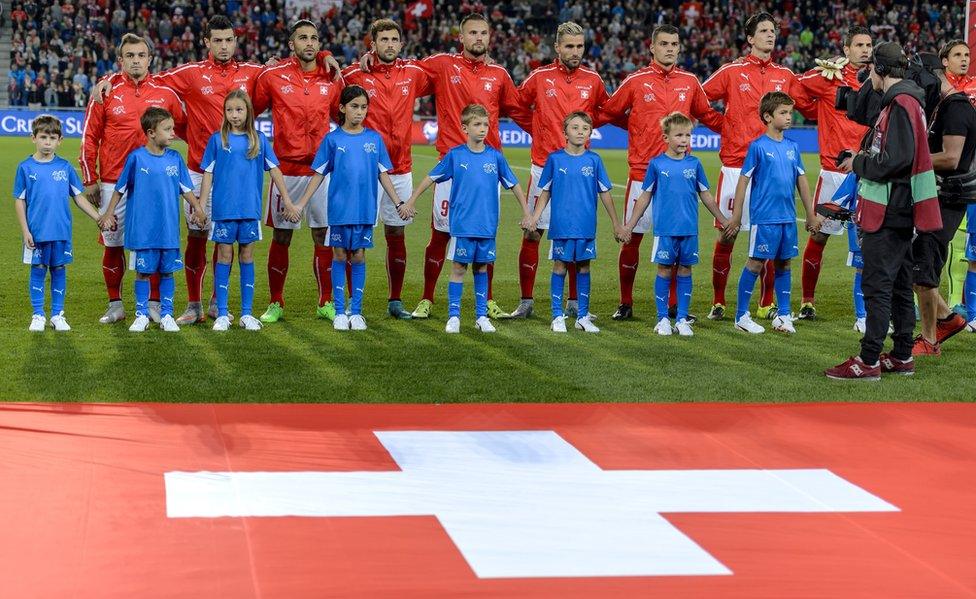
The Swiss team stand mainly with their lips sealed as their national anthem is played before their Euro 2016 qualifier
A translation into English does not really provide a true reflection, suffice to say the Alps, God, prayer, sun and gloom are common themes.
In fact Switzerland's national anthem has always been a subject for debate: there wasn't one at all until the end of the 19th Century, and for many years afterwards there wasn't a truly official one.
Switzerland's government, in keeping with the tradition of Swiss direct democracy, always maintained the people should decide, in a national vote.
Now finally, that is coming to pass, but in 21st-Century style.

Swiss Psalm

One of the old anthem's lines reads: "You, O Lord, appear in their light when the Alps glow bright with splendour"
Swiss Psalm began life as a German-language poem written in 1841 by Leonhard Widmer. The music was a hymn composed by priest Alberik Zwyssig
It has never been universally loved, the words seen as a cross between a hymn and a weather forecast
Two attempts to have it declared a national anthem in 1894 and 1953 were declined before it was named provisionally as national anthem in 1961
Only in 1981 was it officially declared Swiss national anthem

In a kind of cross between the X Factor and a general election, a competition is being held to choose a new anthem.
More than 200 proposals, ranging from free jazz and rock to more traditional anthemic styles, have been whittled down to three finalists, through a process of online voting.
And Saturday is decision time: all three final entries will be performed live on television; viewers can phone or text their preferred choice.
In a nod to modern Switzerland, the vote is not restricted to Swiss citizens: the 25% of the population who are not Swiss can vote as well.
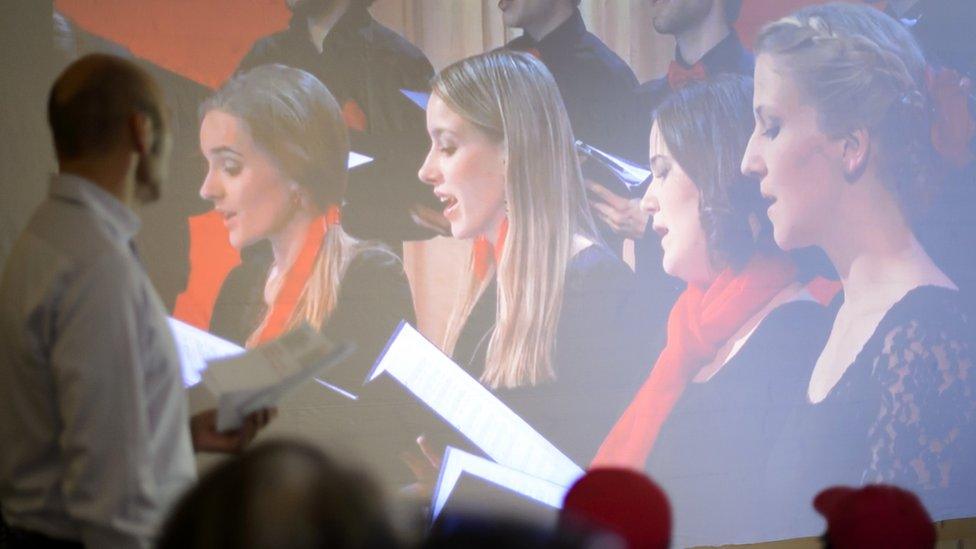
The winning anthem will have to work in all four Swiss languages
But, Switzerland being Switzerland, no-one should expect really radical change.
Of the three finalists, two maintain the original tune: only the lyrics are different.
All three, however, do attempt to be more modern. The references to the mighty mountains and almighty God haven't disappeared completely, but there is a good deal more about tolerance, openness, and solidarity with those less fortunate.
So, whichever version wins, Switzerland's national anthem will reflect traits that most 21st-Century Swiss citizens do at least aspire to, even though they may not always practise them.
And, of course, the winner will be a song that works in all four national languages: German, French, Italian, and Romansch.
But will the national football team, whose mother tongues include Albanian, Portuguese, Turkish and Serbo-Croat, sing it with greater gusto?
For that, the Swiss will have to wait and see.
- Published2 August 2013
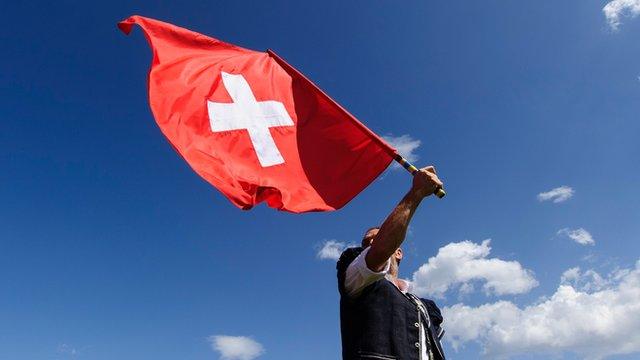
- Published26 August 2015
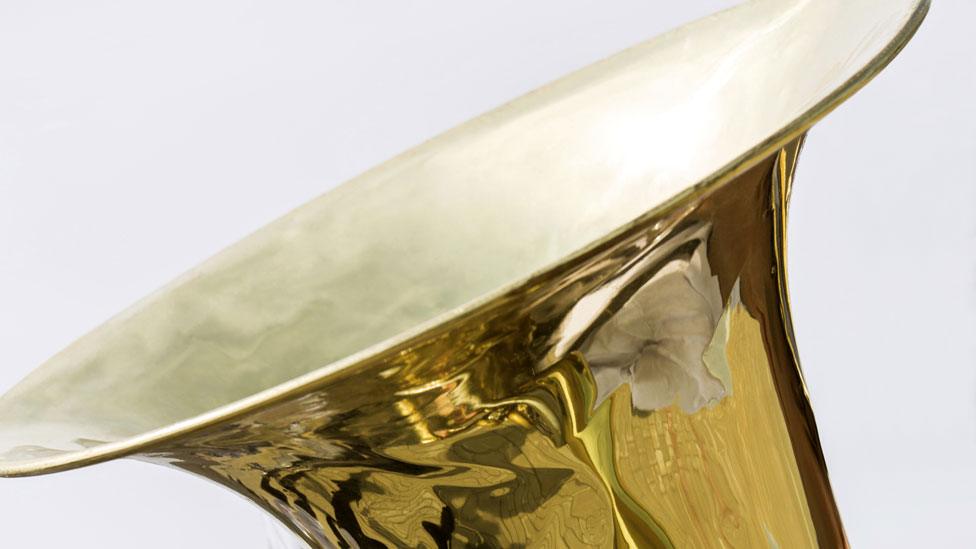
- Published1 September 2015
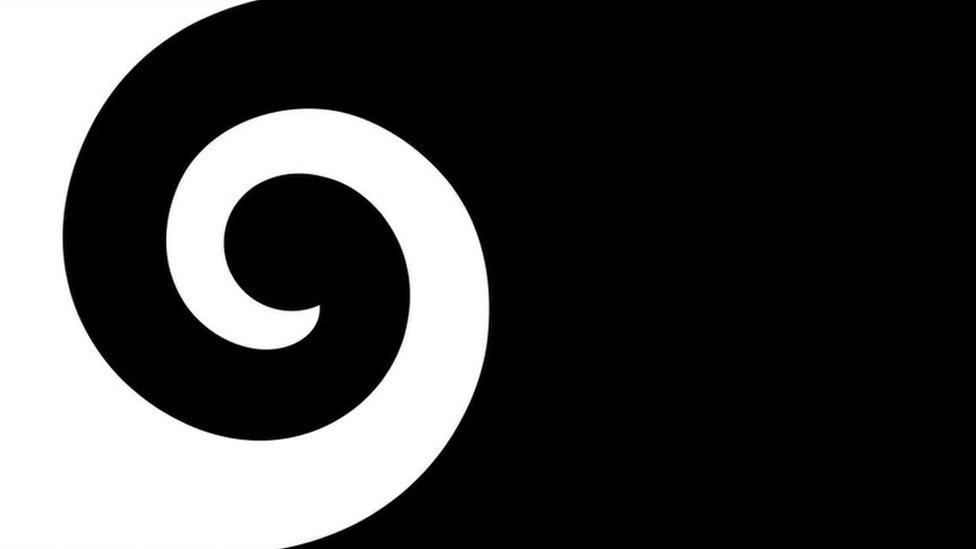
- Published9 July 2014
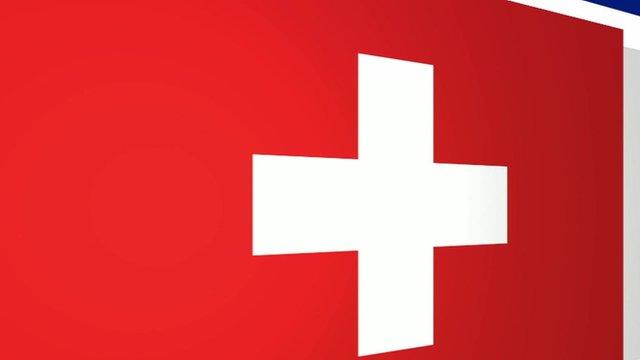
- Published17 August 2015
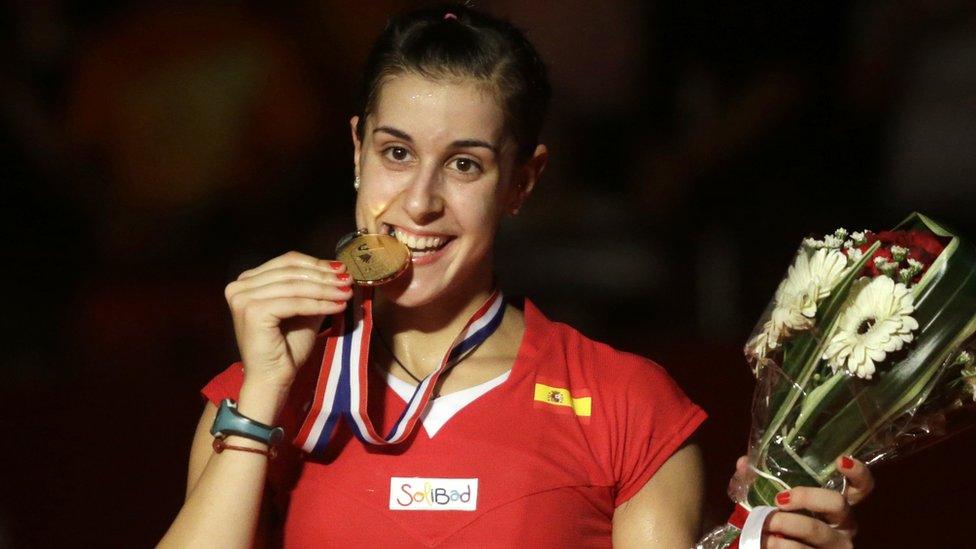
- Published28 August 2015
